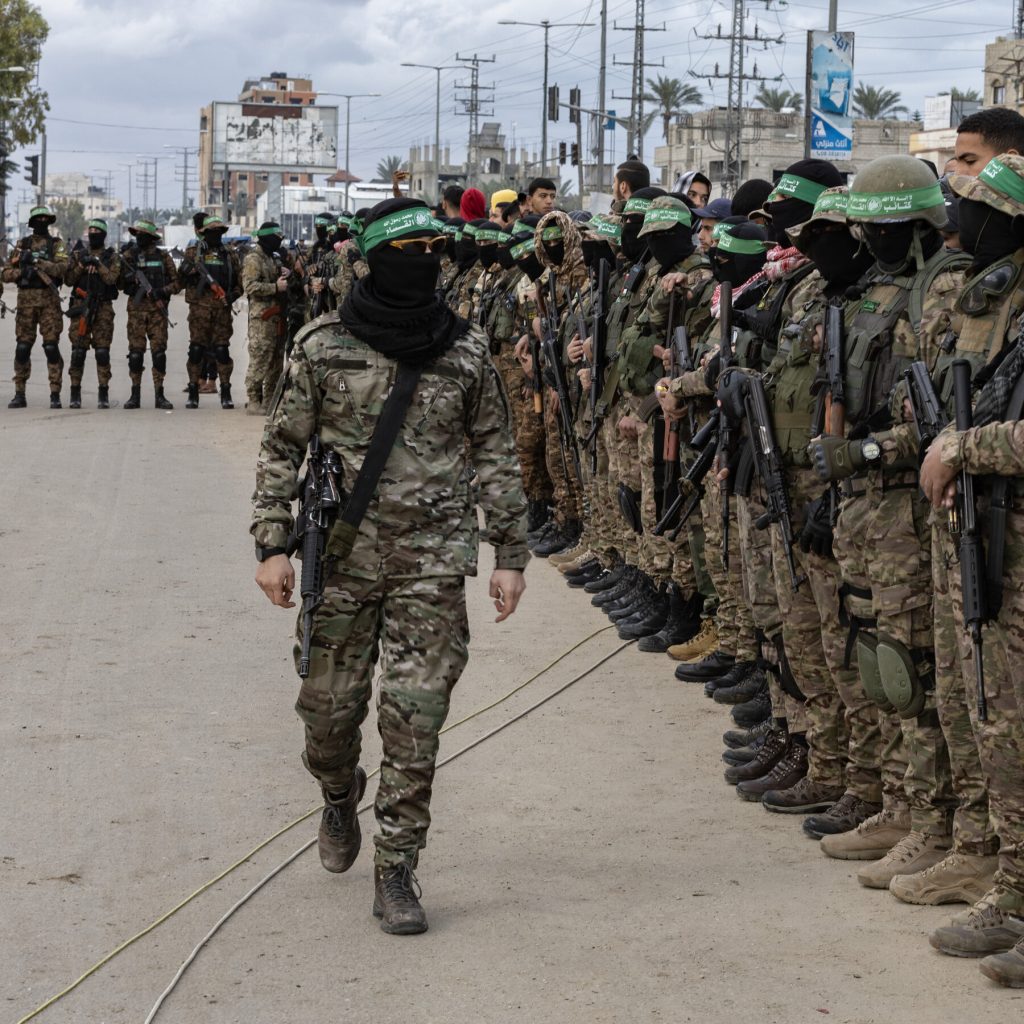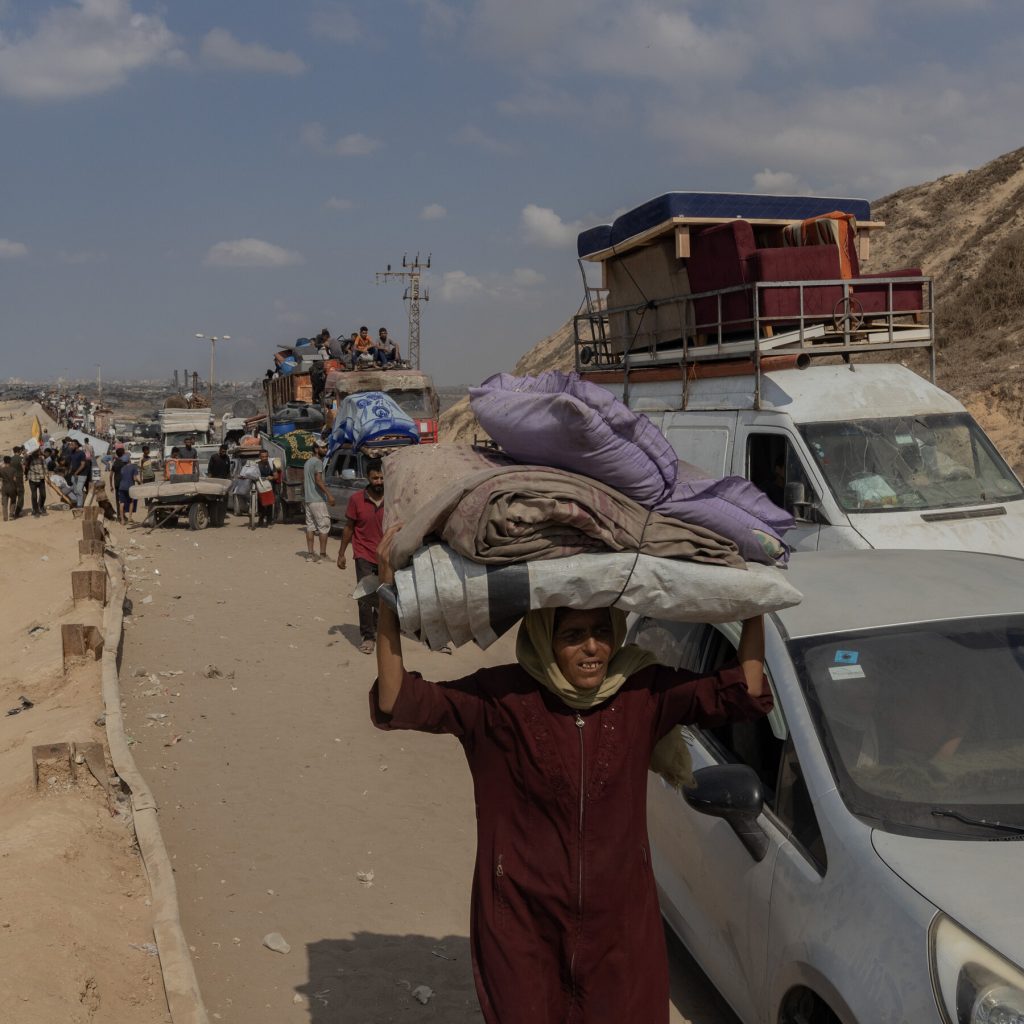Israel and Hamas Were Not Ready for a Comprehensive Peace Deal, Mediator Says

In a candid interview with The New York Times, Qatar’s Prime Minister revealed that mediators in the recent Gaza war negotiations deliberately postponed discussions on more contentious issues to facilitate a swift conclusion to the hostage-prisoner swap between Israel and Hamas. According to the prime minister, the decision was made with the understanding that both parties were not yet prepared to tackle the more complex and challenging aspects of a comprehensive peace deal.
The Qatari government played a pivotal role in brokering the fragile truce, which included the exchange of Israeli hostages for Palestinian prisoners. While the agreement brought temporary relief to both sides, it appears that deeper issues remained unaddressed. The prime minister’s comments suggest that Israel and Hamas were not on the same page when it came to resolving the more intractable problems that have long plagued the region.
The mediator’s remarks offer a glimpse into the intricacies of the negotiation process and the difficulties that lie ahead for those seeking a lasting peace. By delaying talks on more difficult issues, mediators aimed to create a window of opportunity for a prisoner swap, which could potentially build trust and lay the groundwork for future negotiations.
However, the prime minister’s assessment also raises questions about the long-term viability of the ceasefire and the potential for future escalations. As the situation in Gaza remains volatile, it is clear that both Israel and Hamas will need to revisit the table to address the underlying issues that have driven the conflict for decades.
The Qatari prime minister’s comments serve as a reminder that Middle East peace negotiations are often a delicate and incremental process, with small steps forward sometimes being the only feasible approach. While a comprehensive peace deal may still be elusive, the recent hostage-prisoner swap represents a crucial step towards de-escalation and potentially paves the way for more substantial talks in the future.



